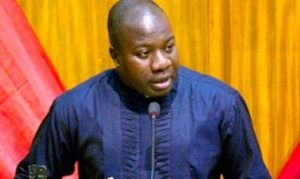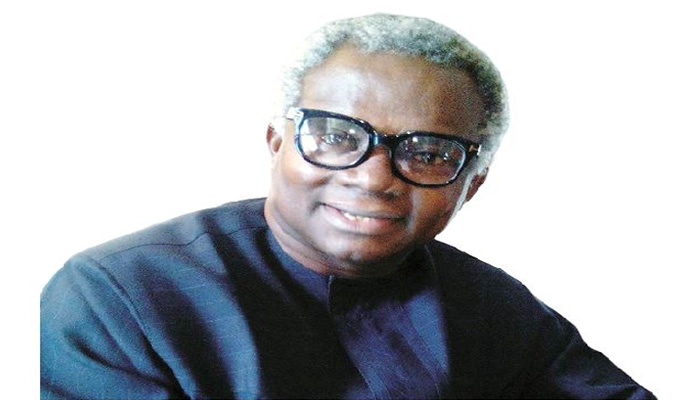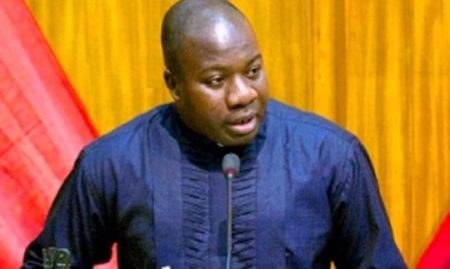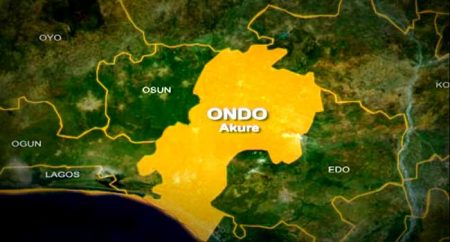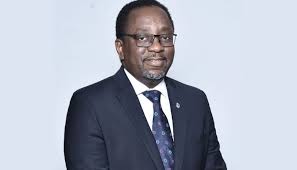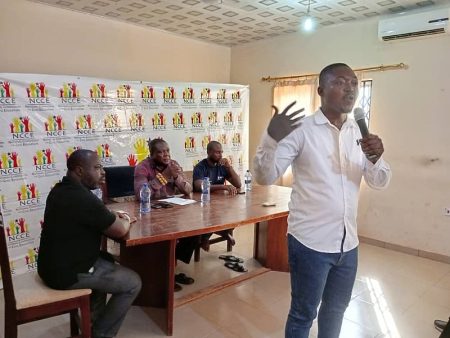In a recent interview, the former Director-General of Voice of Nigeria and prominent member of the All Progressives Congress, provided insights into the implications of the Supreme Court’s judgment regarding local government autonomy and the challenges faced by state governors. Highlighting the long-standing tactics employed by governors to undermine local government independence since the Fourth Republic began in 1999, he articulated how President Bola Tinubu’s actions have created significant “landmines” for these governors. The Supreme Court’s ruling served to reinforce the constitution’s stance on local government autonomy, reflecting a necessary shift toward accountability and fiscal independence. The interviewee expressed confidence that the local constituents would be better positioned to demand accountability from their governing councils, especially in light of the Supreme Court’s landmark decision.
The interviewee expressed an optimistic view on the empowerment of local constituents, drawing parallels to historical lessons about governance and the dangers of perceived invincibility among those in power. This mentality, he argued, has created a fertile environment for local constituents to question and challenge their elected officials regarding financial mismanagement and neglect. With the Supreme Court’s ruling, the previous excuse that “the governor is in charge” will no longer stand, he suggested, asserting that a more engaged electorate will hold their representatives accountable. This growing awareness among voters could foster significant changes in local governance as constituents begin to push back against the centuries-long trend of neglect.
While discussing specific state governors’ attempts to manipulate laws to regain control of local government finances, particularly Governor Charles Soludo of Anambra State, the interviewee vehemently criticized such actions as unconstitutional. He emphasized that Soludo’s legal maneuvers were akin to “banditry,” taking undue advantage of the political landscape to undermine the Supreme Court’s directive. The argument posited was that these attempts illustrate a desperate effort by state governors to maintain control despite the newfound autonomy afforded to local councils. The discussion included a critique of the recent local government elections, with the interviewee opining that their legitimacy rests heavily on judicial validation, thus perpetuating an ongoing cycle of governance challenges.
When shifting focus to the broader economic landscape, the interviewee conveyed a sense of urgency concerning the historical mismanagement that has led to the current economic hardships faced under Tinubu’s administration. The narrative emphasized the role of corruption, poor governance, and a culture of impunity in derailing national economic progress, dating back to Nigeria’s early leadership. It was suggested that this legacy of bad governance has not only impacted economic performance but has also jeopardized the well-being of ordinary citizens heavily reliant on now-squandered public resources.
In assessing Tinubu’s performance over his initial seventeen months in office, the interviewee acknowledged the boldness of his policy decisions, which aim to revitalize the economy, while stressing that these measures come amid significant challenges. Although Tinubu has embarked on a variety of initiatives, including agricultural incentives and university loans, the hunger and hardship pervading the populace remain pressing issues. The interviewee cautioned against potential pitfalls in the oil sector, advocating for transparency and accountability to alleviate fuel price pressure and subsequently ease the overall economic burden on Nigerians.
Ultimately, the conversation turned to the administration of governors in the South-East, with a call for patience in evaluating their performance. The interviewee lamented a general decline in governance quality since the Fourth Republic’s inception compared to notable figures like Jim Nwobodo and Sam Mbakwe. Concluding on a note of caution, the interview highlighted the need for renewed commitment from political leaders toward equitable governance and social responsibility, underscoring that the people are increasingly alert and willing to demand accountability, especially in the wake of recent legal advancements promoting local autonomy.


